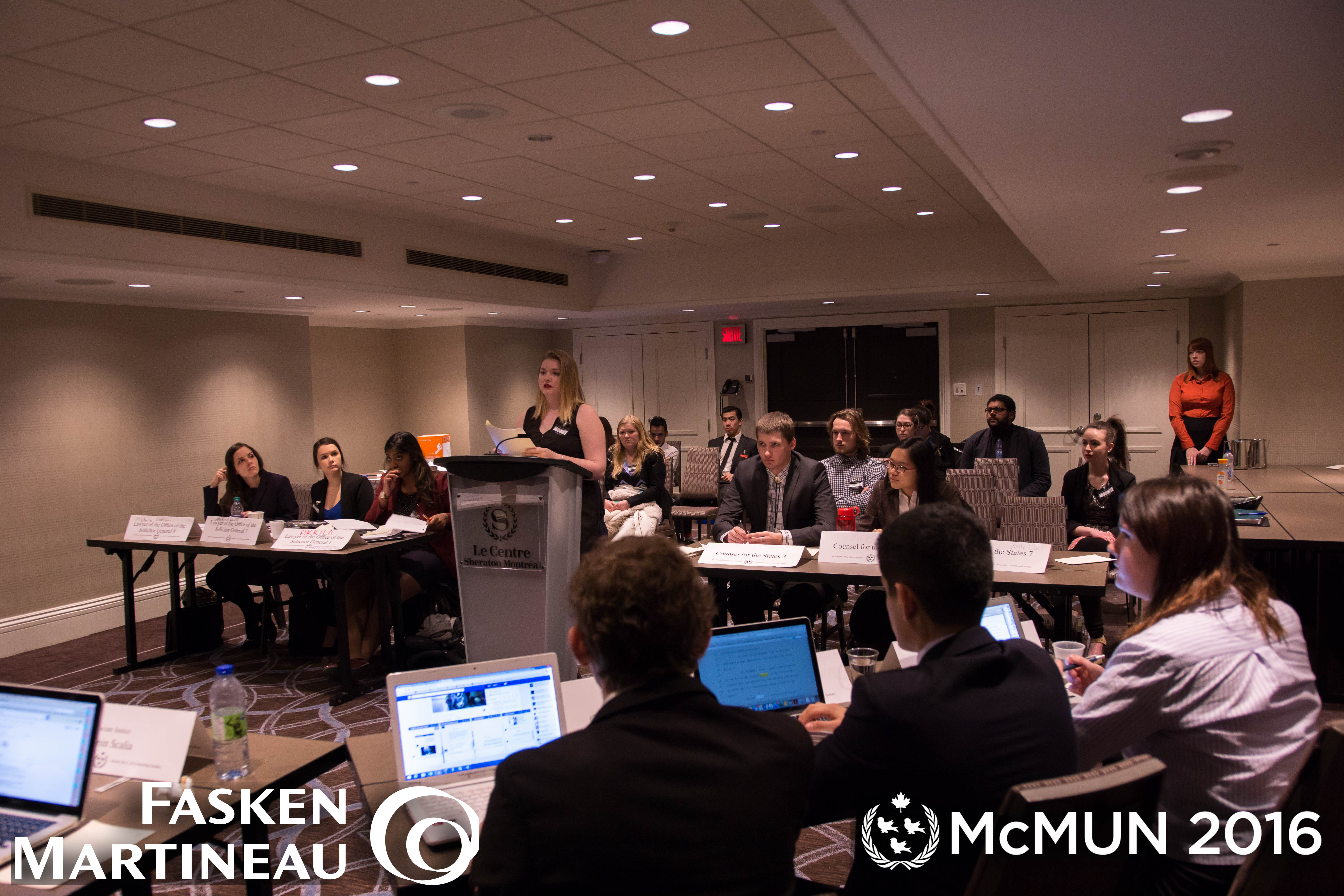Insurance as criminal? The US Supreme Court on federal healthcare

It is 2012 for the United States Supreme Court committee, which in its latest session debated healthcare in the US with the case National Federation of Independent Business v. Sebelius. This committee, divided into two sections – Counsels for the States and Lawyers of the Office of the Solicitor General – prepare their cases for the upcoming debate featuring the nine supreme court justices. To rehash the specifics of NFIB v. Sebelius, this case concerns health care policy within the US, asking whether it is constitutional for a mandate to be passed that requires each person to pay into health insurance and, if they fail to do so, get fined? Creating a well-rounded and thoughtful debate, the Counsels for the States argued against such a mandate while the Lawyers of the Office proposed solid arguments in favor.
In order for each side to develop their arguments into a cohesive set of points before coming before the Justices, the two groups separated. The “Lawyers” group seemed particularly forceful in their internal debates, acting without arguing with each other but instead working together to substantiate their strongest arguments. As a group, they seemed confident, but were still in early stages and had yet to be tested in the real debate with the “Counsels”. The emotional side of the healthcare plea was astutel y left out of the proposed arguments; emotional points, although valid in the eyes of the citizen population, does not work well in the legal world of the Supreme Court where everything has to be based off the constitution.
y left out of the proposed arguments; emotional points, although valid in the eyes of the citizen population, does not work well in the legal world of the Supreme Court where everything has to be based off the constitution.
That being said, the “Lawyers” did discuss the individual and societal benefits of requiring health insurance. Not only would it be good for individuals to have access to health care without having to worry about thousands of dollars of debt, they thought, but it would also lower the premiums for the people who are presently paying for health insurance. As the “Lawyers” aptly discussed, people are unfortunately not in full control of their health, and therefore cannot predict with authority that they will never need health insurance. Many do not buy health insurance, mostly because they cannot afford it, and – unsurprisingly – end up requiring medical attention. Legally, hospitals have to provide for these people regardless of their ability to pay, and thus these costs end up circling back to the insurance companies who then have to raise premiums. The “Lawyers” noted that the market of the existing uninsured constitutes about a whopping 48 billion dollars annually! Requiring people to buy insurance and help those who could not afford it would significantly reduce the amount of people without insurance receiving medical attention, ultimately reducing the national issue of increasingly rising premiums. The “Lawyers’” other main debate points include precedents set by other Supreme Court rulings, of which Wickard v. Filburn (1942), which increased Congress’ power to regulate the economy, is the most relevant.
Both the “Lawyers” and the “Counsels” have many valid arguments based of precedents and U.S Acts, yet both sides tend to focus primarily on exact rhetoric. Interestingly enough, wording takes precedence here. For example, the “Lawyers” spent about 3 minutes or so discussing whether to call the fine that one would receive for not paying for health insurance a “tax” or a “penalty”. Using the exact language is of utmost importance, as the other side might pounce on any minor slips. For such important rulings, it might seem odd that one or two words could sway the justices’ decision. Should not the logical, economic, and ethical aspects of the case be the most important? Well, for these two groups who both have thought through strong arguments in favor and against the health insurance policy, their use of words has to show the highest understanding of the constitution and the proposed policy in order to gain the Justices’ support. In this highly motivated committee, the stakes are high and the results unpredictable. As of now, only time will tell which group has the strongest understanding of and command over the legal language that they will need in order to win the case.
Photo credits to McMUN/Philip Nguyen-Powanda
